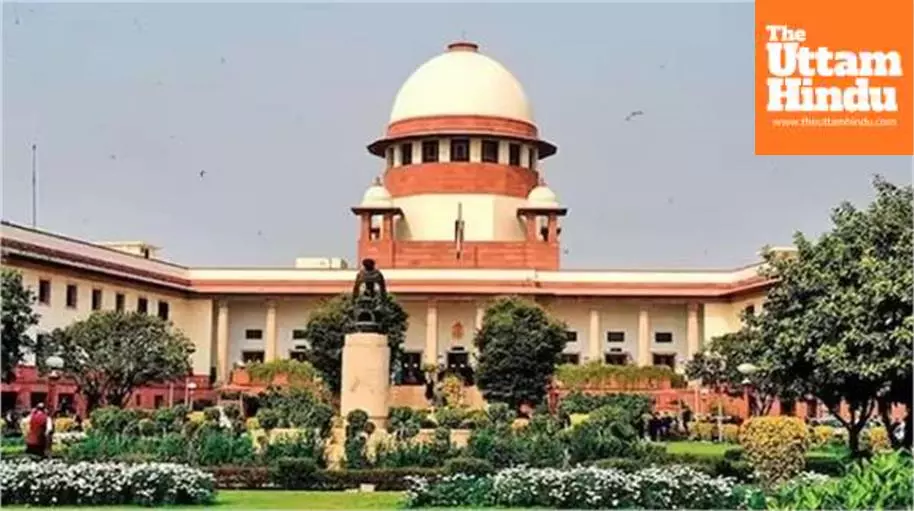Major Supreme Court verdict: Delay in filing road accident claim won’t lead to denial

New Delhi (The Uttam Hindu): The Supreme Court has given two important judgments, giving a big relief to the victims of road accidents and their families. The court has said that now no motor accident claim petition will be rejected just because of delay in filing.
Why was the relief granted?
A bench of Justice Arvind Kumar and Justice N.V. Anjaria has issued this interim order. Actually, in the year 2019, the Motor Vehicles Act was amended in which Section 166(3) was added. Under this, it was made mandatory that the petition for compensation be filed within six months of the accident.
Hearing petitions challenging this provision, the court said that no case should be dismissed on the basis of time limit until these cases are heard across the country. The petitioners argue that the six-month time limit is "unjust and unjust" as the purpose of the Motor Vehicles Act is to provide relief to victims, not to deprive them of compensation.
The Supreme Court has given another major verdict in favor of the victims. The court has now banned the use of the "Split Multiplier" method in determining compensation .
This decision means that compensation will now be decided only on the basis of the deceased's income at the time of death.
Under the 'split multiplier' method, different 'multipliers' were applied to two parts of the compensation in the same case, on the grounds that a person's income may decrease with age.
The Supreme Court has clarified that retirement or increasing age cannot be considered as a reason for reducing the compensation.
This decision has brought great relief to the victims of road accidents and their families, as now neither the claim will be rejected on late filing nor the compensation will be reduced due to incorrect calculation. The court has directed all the High Courts and Motor Accident Claims Tribunals (MACTs) to comply with this decision.
